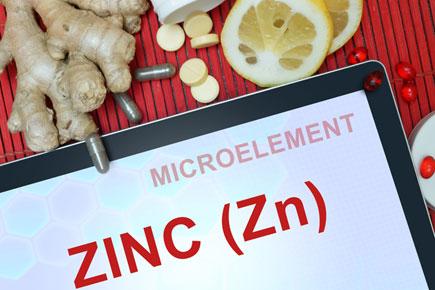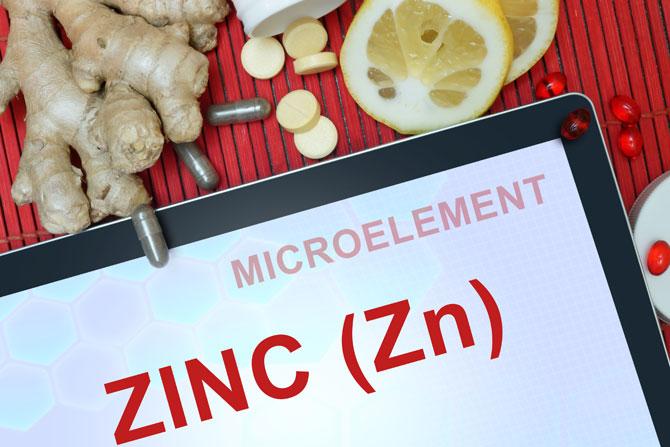The team found that acarbose was specific, having similar effects on another Bacteroides bacteria, but little or no effect on other types of gut microbes


ADVERTISEMENT
Microbes in the digestive system have a big influence on human health and may play a role in the onset of disease throughout the body, claims a research. According to the study conducted by the American Chemical Society, a way has been found to use chemical compounds to target and inhibit the growth of specific microbes in the gut associated with diseases without causing harm to other beneficial organisms.
The digestive system is crammed with trillions of bacteria, fungi, and other microbes that help process food. Recent studies suggested that the changes in these gut flora, or microbiome, may play a role in the onset of a host of diseases and conditions including obesity, diabetes, cancer, allergies, asthma, autism and multiple sclerosis.
Antibiotics can help regulate the microbiome, but bacterial resistance is on the rise. In addition, antibiotics can wipe out some of the organisms that contribute to a healthy microbiome, and the microbes that take their place can sometimes cause more harm than good.
Researchers have also investigated using probiotics and fecal transplants to resolve some of these problems. But to date, few have really looked at using non-microbicidal small molecules to alter the microbiome in a targeted way to improve health.
To help fill this gap, Daniel Whitehead, Kristi Whitehead and colleagues sought to use a chemical compound to precisely target and disrupt the metabolic processes of members of the Bacteroides genus, a group of bacteria commonly found in the gut that appear to be associated with the onset of type I diabetes in genetically susceptible individuals.
In laboratory studies, the researchers found that small concentrations of acarbose, a drug used to treat diabetes, significantly disrupted the activity of a group of proteins involved in the Starch Utilization System (Sus).
The model bacteria called Bacteroides thetaiotaomicron (Bt), as well as other Bacteroides members, have this system. With Sus inhibited, Bt couldn't metabolize a pair of complex carbohydrates that are not digested by humans once they reach the colon, but that are vital to the survival of the microbes.
As a result, the bacteria cannot grow. The team found that acarbose was specific, having similar effects on another Bacteroides bacteria, but little or no effect on other types of gut microbes.
The study appears in the journal ACS Chemical Biology.
Catch up on all the latest Mumbai news, crime news, current affairs, and also a complete guide on Mumbai from food to things to do and events across the city here. Also download the new mid-day Android and iOS apps to get latest updates
This story has been sourced from a third party syndicated feed, agencies. Mid-day accepts no responsibility or liability for its dependability, trustworthiness, reliability and data of the text. Mid-day management/mid-day.com reserves the sole right to alter, delete or remove (without notice) the content in its absolute discretion for any reason whatsoever
 Subscribe today by clicking the link and stay updated with the latest news!" Click here!
Subscribe today by clicking the link and stay updated with the latest news!" Click here!







